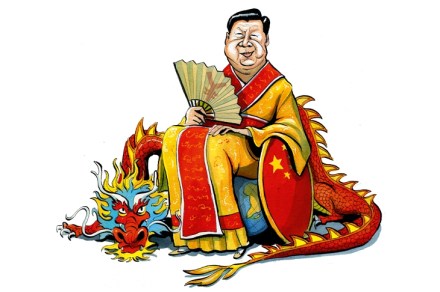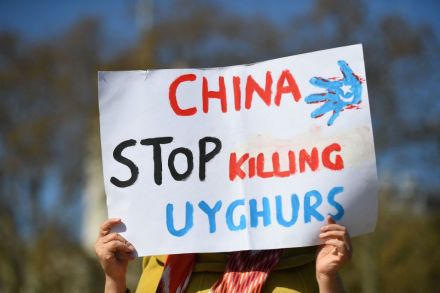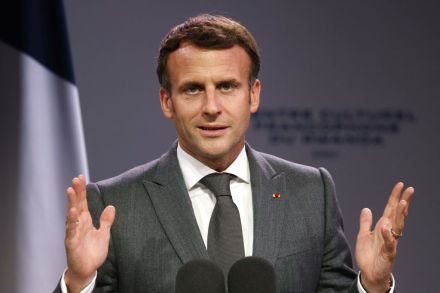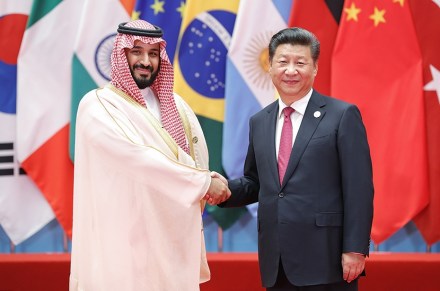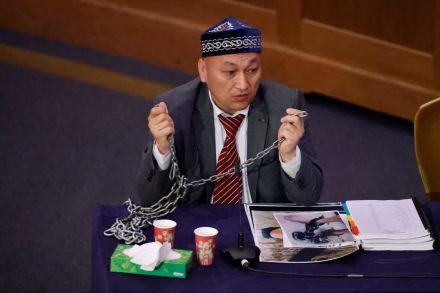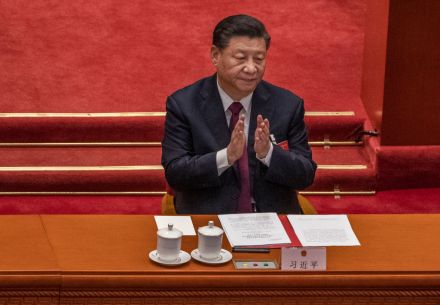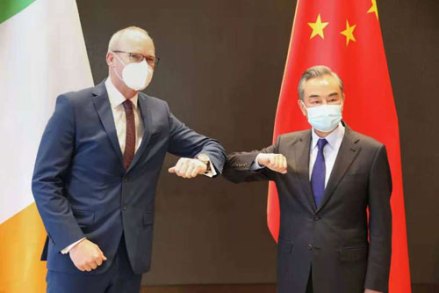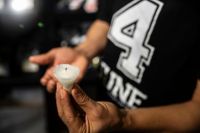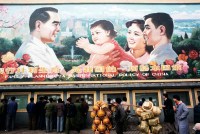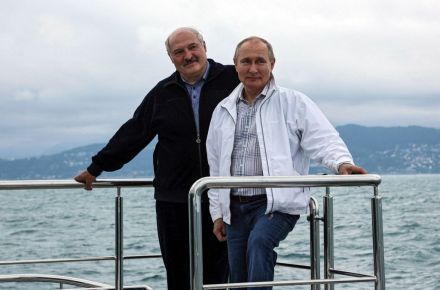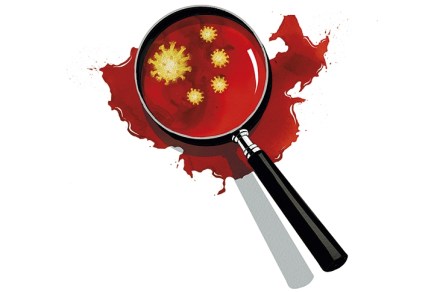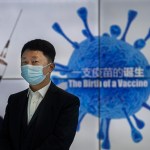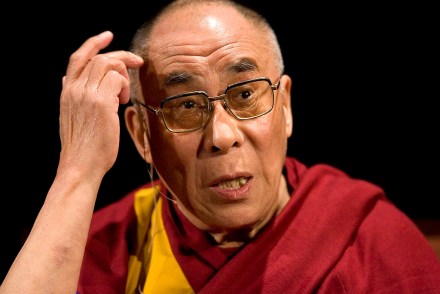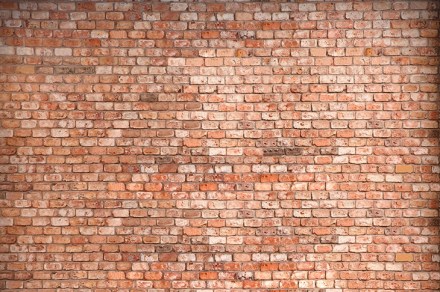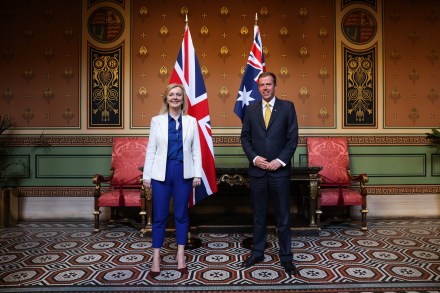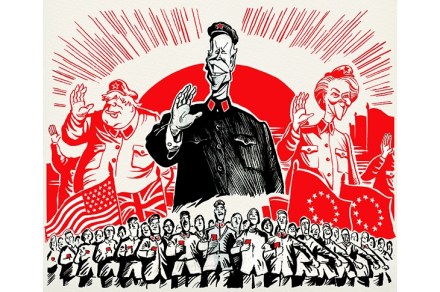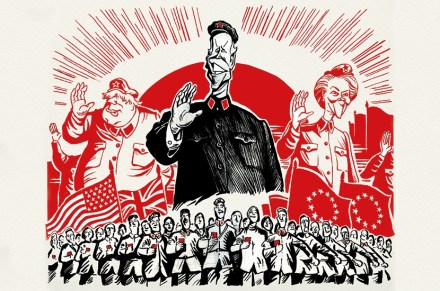The growing cult of ‘Dada’ Xi Jinping
In a defiant speech to mark the Communist party’s centenary today, Xi Jinping warned foreign powers they would ‘have their heads bashed bloody against the Great Wall of Steel forged by over 1.4 billion Chinese people’ if they tried to bully China. Beijing would not allow ‘sanctimonious preaching’, he told a carefully vetted crowd in Tiananmen Square, declaring that ‘only socialism can save China’. At one point military jets flew over forming the number 100 – apparently flown by loyal party members. It was pretty jingoistic stuff, even by Xi’s recent standards, and follows weeks of chest-thumping displays of patriotism under the slogan, ‘follow the party forever’ – though a
